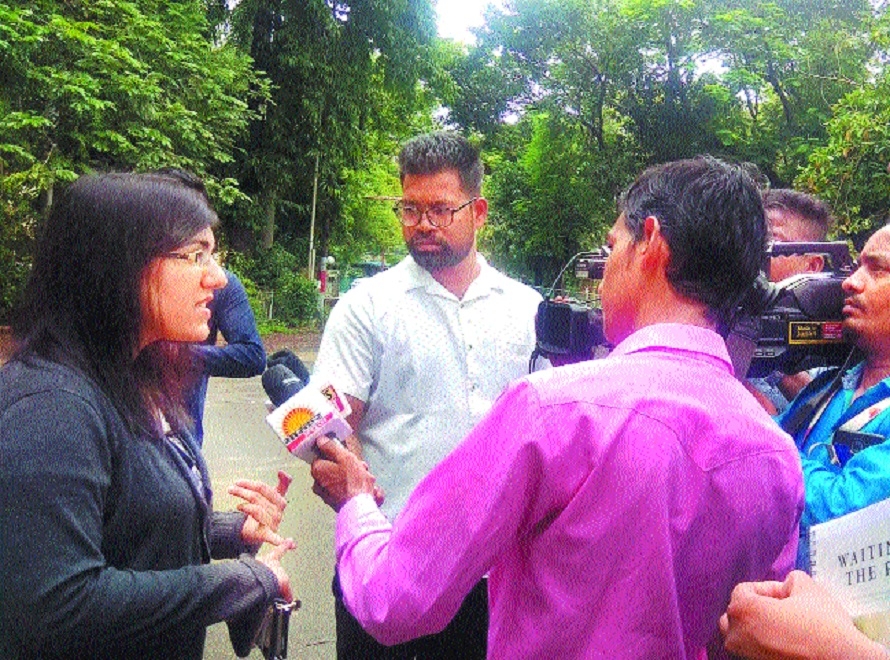Forced evictions of Sardar Sarovar oustees gross violation of human rights: Report
| Date :11-Sep-2019 |

Staff Reporter :
On Tuesday, the US-based University Network for Human Rights (University Network) released Waiting for the Flood: The Human Rights Impacts of India’s Sardar Sarovar Dam on Adivasi Communities along the Narmada River. The report based on weeks of visits to dam-affected areas and in-depth interviews with Adivasi communities living under imminent threat of inundation by the dam’s floodwaters documents, the human toll of the dam and failure of the government to meet its human rights obligations to meaningfully consult, adequately compensate, and rehabilitate the displaced and soon-to-be-displaced.
“We are extremely alarmed by the recent rapid rise of water levels in the Sardar Sarovar Reservoir and the Government’s insistence on filling the reservoir to its maximum level, even as tens of thousands of project-affected families have yet to be adequately rehabilitated,” said Ruhan Nagra, Executive Director of the University Network for Human Rights. The report urged to open the gates of the dam so that water levels recede to 122 meters until all project-affected families living within the 138-meter submergence mark have been identified, compensated, and resettled on terms to which they agree and in a manner consistent with India’s domestic and international legal obligations.
Each of these patterns of abuse constitutes serious violations of the government’s obligations to Adivasi communities, under both its domestic legal regime and international human rights law. Government and dam officials used threats, harassment, and unmet promises of compensation to coerce scores of Adivasi families in the dam’s submergence zone to demolish their own homes in the summer of 2017. Many of these families were forced to live in makeshift shelters near the ruins of their former homes, unable to leave the submergence zone without land on which to build a new home., report claims .
“Forced evictions are a gross violation of human rights including the right to adequate housing. It is unspeakable that residents were required to demolish their own homes,” said Leilani Farha, the UN special rapporteur on the right to housing. In violation of commitments under the United Nations Declaration on the Rights of Indigenous Peoples (UNDRIP), government and dam officials have systematically failed to recognise the traditional land tenure of Adivasi communities in the dam’s submergence zone, leaving families who lack formal title to their ancestral farmland with no procedural recourse to demand compensation for its inundation. “Adivasi communities must be allowed to meaningfully participate in any decisions regarding the effects of the Sardar Sarovar Dam on their ancestral lands, as well as any relocation plans, should they occur, including the geographic site and the timing of relocation,” she stressed.